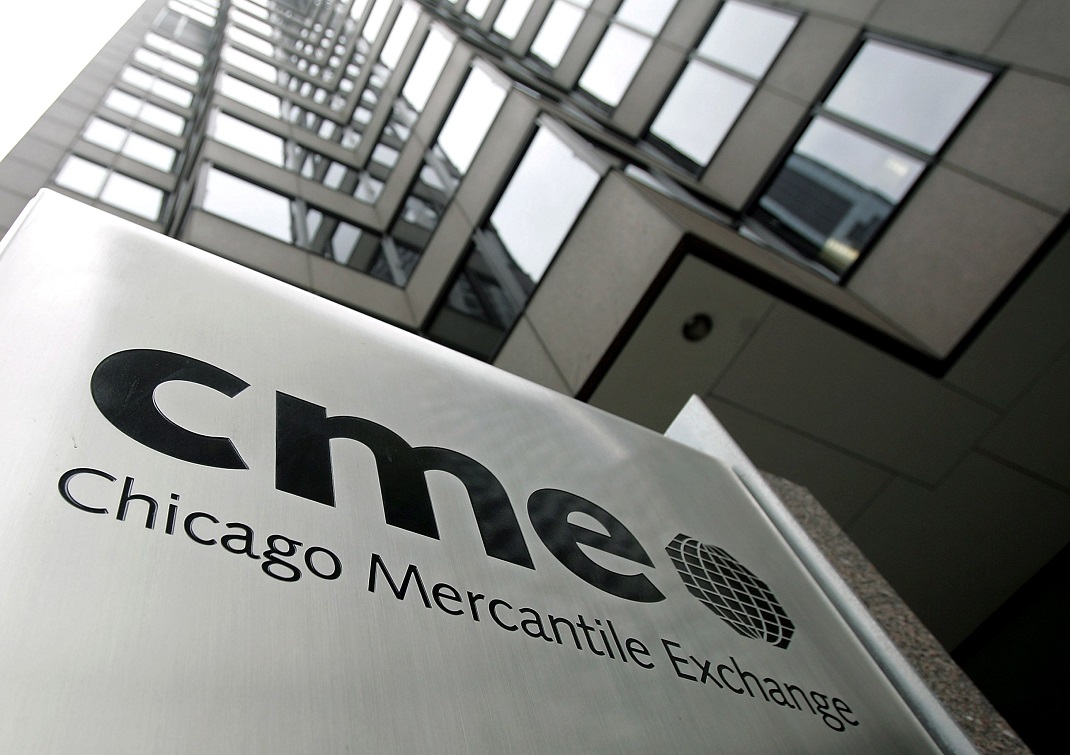Polygon’s community votes on unlocking $1.3 billion in stablecoins to fuel DeFi, aiming to generate $91 million annually. Amid ecosystem innovations, POL price faces a 6% dip, testing investor optimism.
Polygon Proposes $1.3B Stablecoin Unlock to Power DeFi Growth
To power its DeFi ecosystem, Polygon has recently proposed in its Pre-PIP (Pre-Polygon Improvement Proposal) to release $1.3 billion worth of idle stablecoins stored on its PoS Bridge.
The initiative, which Allez Labs, Morpho Association, and Yearn authored, offers a huge opportunity for ecosystem development and has the potential to generate an estimated return of $70–91 million each year.
The plan calls for the deployment of USDC, USDT, and DAI, three stablecoins, into ERC-4626 vaults, with the network's Improvement Proposal (PIP) attached to each coin to help mitigate risk and optimize profit. As an illustration, Maker's sUSDS will receive DAI reserves, and USDC and USDT will generate yield through Morpho Vaults.
Yearn to Manage Incentives for DeFi Growth
To ensure that the income is diverted to incentivize DeFi initiatives and enhance liquidity, Yearn will manage the Ecosystem Incentives Program. The DeFi activity on Polygon PoS and the future AggLayer might be greatly amplified using this strategy, opening up new growth options.
The idea meets a critical need in the community by providing a framework for transforming idle assets into useful resources, which would speed up its growth in the DeFi sector. The Polygon Protocol Council and Allez Labs' risk management efforts make it even more feasible.
Despite recent positive trends, the price of POL has fallen 6% in the last 24 hours. In the midst of community voting on the $1.3 billion liquidity request, there has been a decline. Nonetheless, investor optimism is high, suggesting a possible bounce if the idea is approved, as POL is still up 70% over the past month.
Polygon Expands with Tokenized Assets and Securities
The network is working to improve its ecosystem via tokenization, which goes beyond just token performance.
Traditional assets, such as NVIDIA stocks and S&P 500 trackers, will be tokenized by Assetera, an unregulated platform in the US, using Polygon, Coingape reports.
A new standard for on-chain financial products, these assets are fully collateralized and MiFID compliant, providing global investors with easy access to tokenized securities. It remains at the forefront of the tokenization industry thanks to its scalable infrastructure.
Courtyard is bringing Pokemon cards on-chain as an additional interesting use case that is driven by the network.
Bridging Blockchain and Traditional Markets
As an example of the network's efforts to unite blockchain technology with more conventional markets, this connection improves the safety, liquidity, and openness of collectible trading.
These updates show how seriously it takes its goal of expanding its ecosystem and providing people all over the globe with new possibilities.
































Comment 0